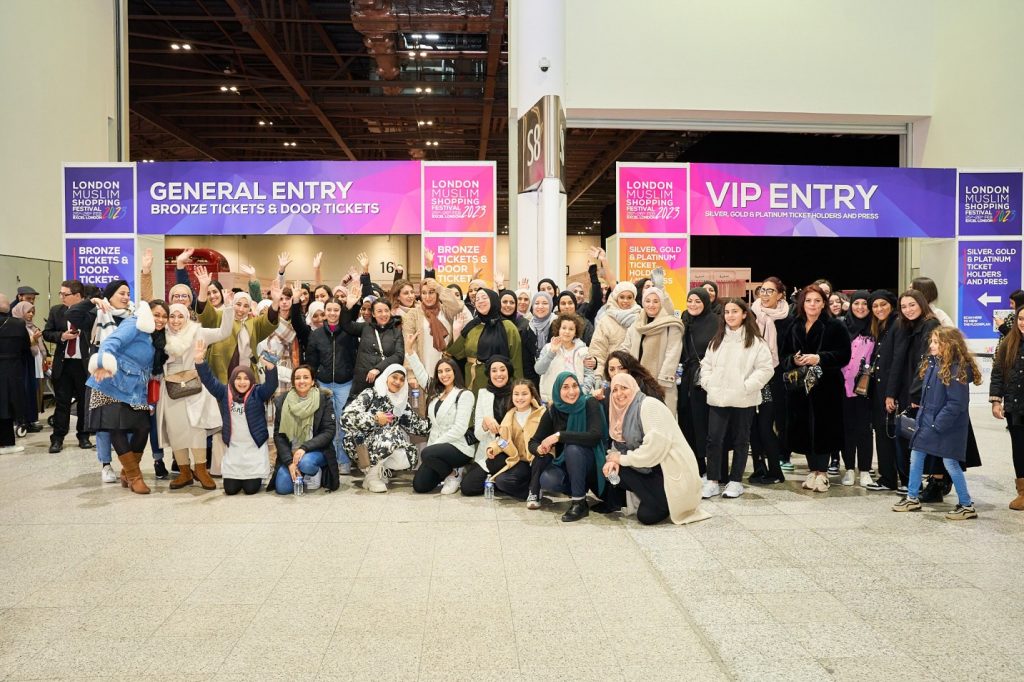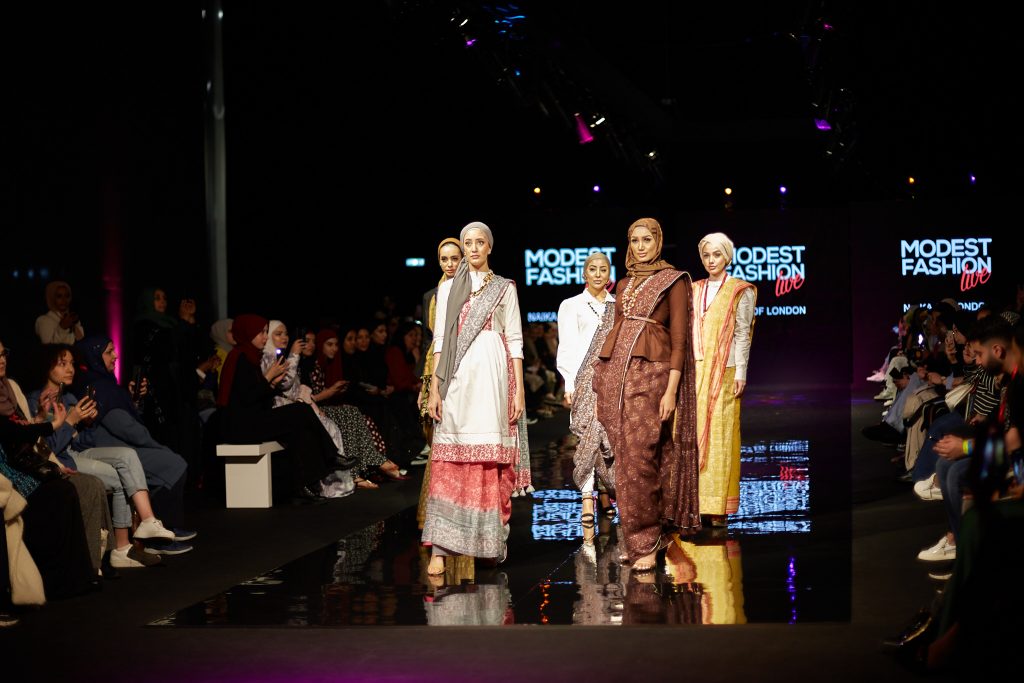Muslims have to adjust Ramadan observances to the beat of American life.
The Muslims across the world have fasted to Allah and prayed during
the holy month Ramadan. You may face some special challenges because
of life conditions and style if you live in secular metropols,
particularly, if you want to observe Ramadan with traditional rituals .
American Muslims also tries to pass the ongoing Ramadan with
traditional rituals. They shop at Halal meat stores, prepare Iftar
meals to break their dawn-to-sundown fasts with family and friends.
They pray together. Some Muslim Americans shop for Ramadan sweets at
specialty food stores, said Voice of America.
“Religious-wise,
it is the same. But back home we have more people around us,” says
Amina Tambouch, an American Muslim from Senegal. “Here we have to go to
work (during) Ramadan and leave late, so it is hard to get together.”

Tambouch
says from time to time she does get together with friends during
Ramadan “Every one will cook some food and bring it. We pray together,
we talk about the Muslim religion, and we teach each other.” At work
she and her Muslim colleagues will pray together at lunchtime.
Muslims
have to adjust Ramadan observances to the beat of American life. That’s
especially hard for Muslim students, says Palestinian-American Mohamed
Tafesh. “It is more challenging because they go to school and they have
to do all of the activities, sport activities in high school, and they
go to lunch where every body is eating and they are fasting.”
VOA
reported that during Ramadan, Islamic centers and mosques across the
country are crowded with Muslim Americans breaking their fasts, praying
and reading the Koran. Imam Abdulla Khouj, director of the Islamic
Center in Washington, D.C., says the diversity in the U.S. Muslim
population gives Ramadan in America a special flavor.

“You
see the flags here, people from everywhere in the world setting on one
table on the floor, join together to break the fast, to exchange talk
and to feel that they have accomplished something that day, which is
fasting to Allah (God).”
Imam Khouj believes that recent
Ramadan greetings by American presidents have helped to raise
Americans’ awareness of Islam, and to promote the idea that Islam is a
peaceful religion. He says inviting non-Muslims to the nightly Iftar
dinners is also an occasion to educate them about the Islamic faith.
“We have a lot of groups coming to the center, especially in the month
of Ramadan,” he says, “and some of them come and break the fast with
us.”
Jane Sisi, an American Muslim from Guinea, says that
during Ramadan she often talks to her non-Muslim friends about Islam.
“I believe strongly that Muslim religion is the religion to bring
people together, so Ramadan is a good occasion to talk about that, to
bring all the people together and to bring peace.”
Even as
Muslim-Americans adapt their Ramadan rituals to the secular rhythms of
American life, more non-Muslim Americans are becoming aware of Ramadan,
and its important place among the unique traditions of Islam.

There
are, by various estimates, between six million and eight million
Muslims living in the United States. Most are immigrants from around
the world. Many are native-born Americans who have converted to Islam.



